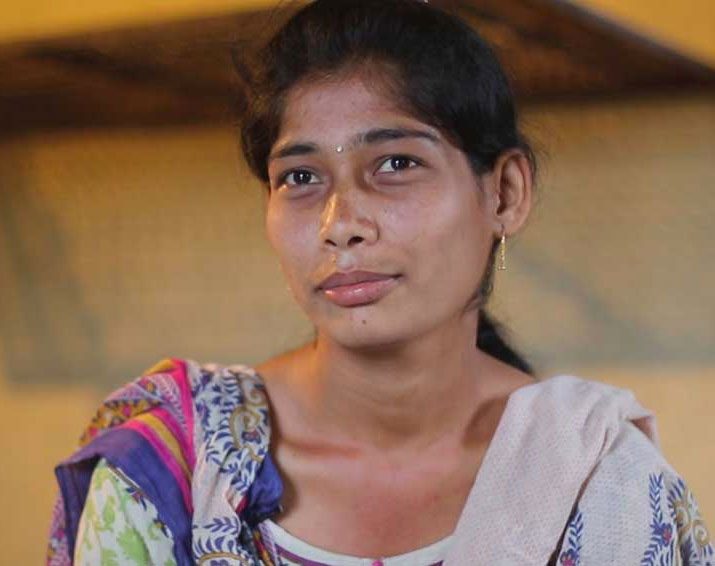 .
.We’ve been able to make a positive impact on the lives of so many children, all thanks to your unwavering support.




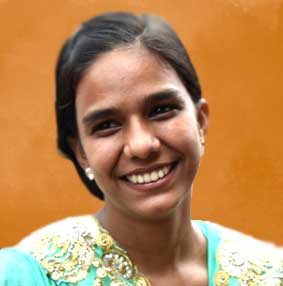





Rippan Kapur started CRY in 1979 with 6 friends and just Rs. 50.
Over 4 decades later, the audaciousness of taking charge of the plight of Indian children and the desire to say “Whatever I can do, I will do” is what continues to define CRY.
Imagine what the future could hold if each one of us came together to support every child’s right to a happy childhood; because even the smallest acts of kindness and generosity make a big difference!.”
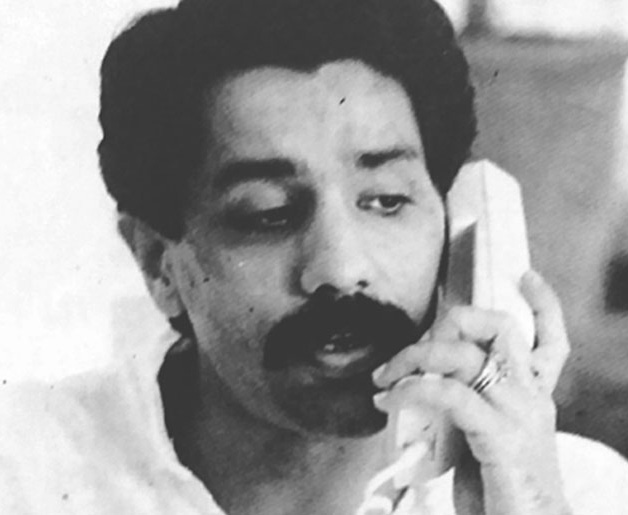

CRY endeavours to multiply the impact of every rupee spent by getting infrastructure and services from the state that benefit the entire community in perpetuity.
Here’s an example from a CRY project in Delhi, where the measurable benefit to the community was over 134 times the original investment!
Reviving the sanitary pad scheme with the Delhi government through RTI, public advocacy and media






Reviving the sanitary pad scheme with the Delhi government through RTI, public advocacy and media










At CRY, we advocate for children’s rights at multiple levels and influence policy by engaging with key stakeholders in the government.


CRY participated in the ‘Voice Of India’ campaign, as a part of the National Alliance for the Fundamental Right to Education (NAFRE), to propose a constitutional amendment to the government for free and compulsory education to all children.
As a result of the ‘Voice of India’ campaign, NAFRE contributed towards bringing in the Right of Children to Free and Compulsory Education Act, 2009.


CRY conducted an in-depth study, based on secondary data, on the status and needs of children between 15-18 years of age – the first of its kind that recognized those over the age of 14 as children as well. The resulting report, “Childescents In India: We Are Children too!” was presented to policy makers, academicians and practitioners.
It was also carried in the G20 Summit Summary Briefing Booklet. The G20 summit is a global economic summit of leaders from countries across the world.


CRY is recognized as a child rights expert and is a member of Niti Ayog’s sub-committee on ‘Child Rights and Child Protection’. CRY is also on the Central advisory board on child and adolescent labour under the Ministry of Labour and Employment.


CRY makes submissions to various relevant Ministries and statutory bodies, which has contributed towards system strengthening and capacity building of government officials on child education including early childhood care and development, elementary education as well as juvenile justice, child labour, child trafficking, child marriage and child sexual abuse.


CRY provided technical support to State governments in drafting the following policies:


15 year old Payal, from the Songachi red light district in Kolkata, was at risk of being forced into prostitution like her mother. She was also forced to drop out of school to work to support her family. CRY project SANLAAP immediately intervened and made sure that she was re-enrolled in school to help her realize her true potential. Today, after graduating from school with flying colours, Payal is studying hotel management and having discovered her passion in Kung Fu, recently also won the National Kung Fu Championship in Guwahati!
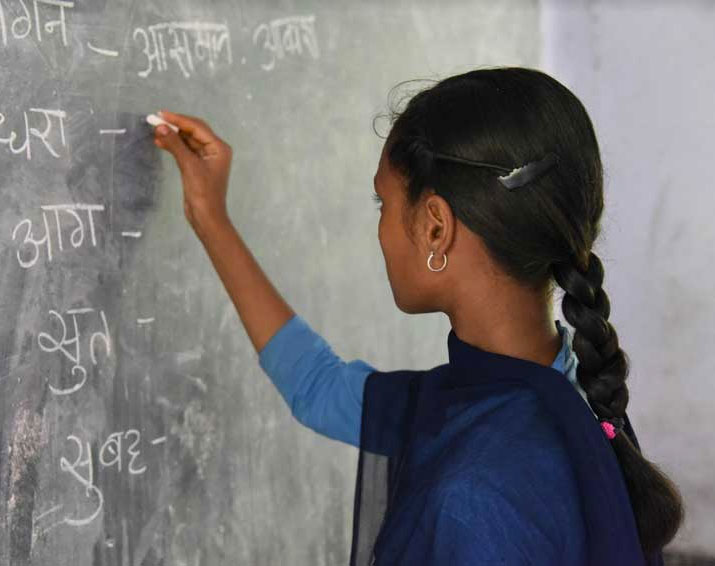

Rohit was forced to drop out of school and work as a security guard when his father, a rickshaw puller, fell seriously ill. He moved far away from his home and became a child labourer to support his family. CRY project DEEP found out about his predicament, counseled his father and helped the family raise money from their tribe’s Traditional Governance Unit to fund Rohit’s education. Today, he is a part of the Bihar Military Police Academy and hopes to make his nation proud!
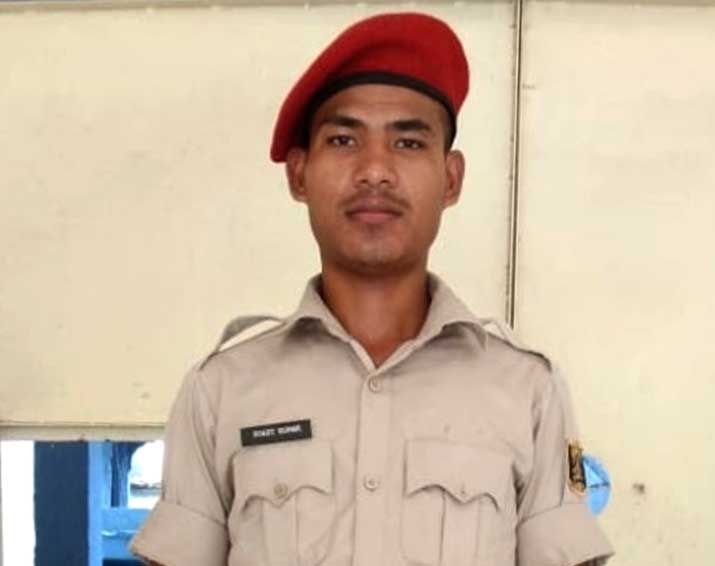

Muthumanoranjini, hailing from a small village in Tamil Nadu, was inspired by Kalpana Chawla to become an astronaut. Despite excelling in school, her parents refused to support her dream thinking that it was a male dominated profession. Not wanting her to let go of her dream, CRY project HREPC not only counselled her parents but also helped her get a scholarship to study aeronautical engineering. Today, Muthumanoranjini is the first in her family to go to college and has already secured first rank in her first year!
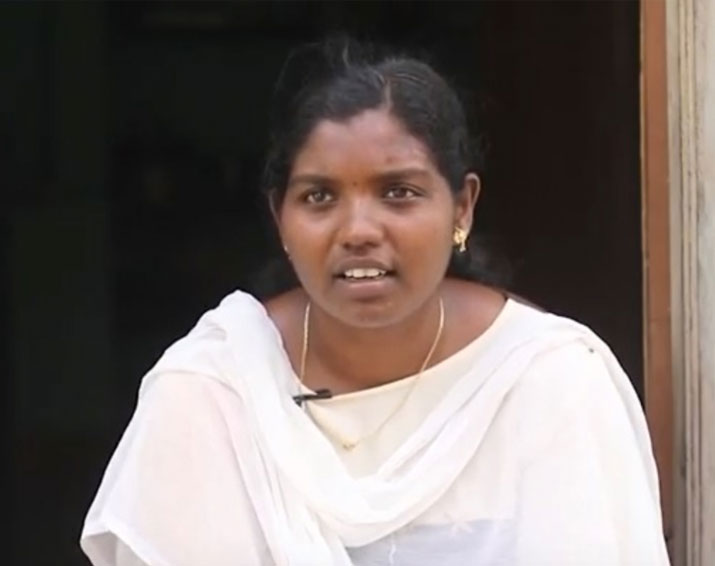

Asha was born into a poor family living in a small village near Latur. Despite her commitment to get an education, her parents asked her to drop out of school and get married after 10th grade. CRY’s adolescent girls group reached out to her parents and convinced them to allow her to study further. Not only did Asha go back to school but also went on to become the first ever woman police officer in her village in Latur!
